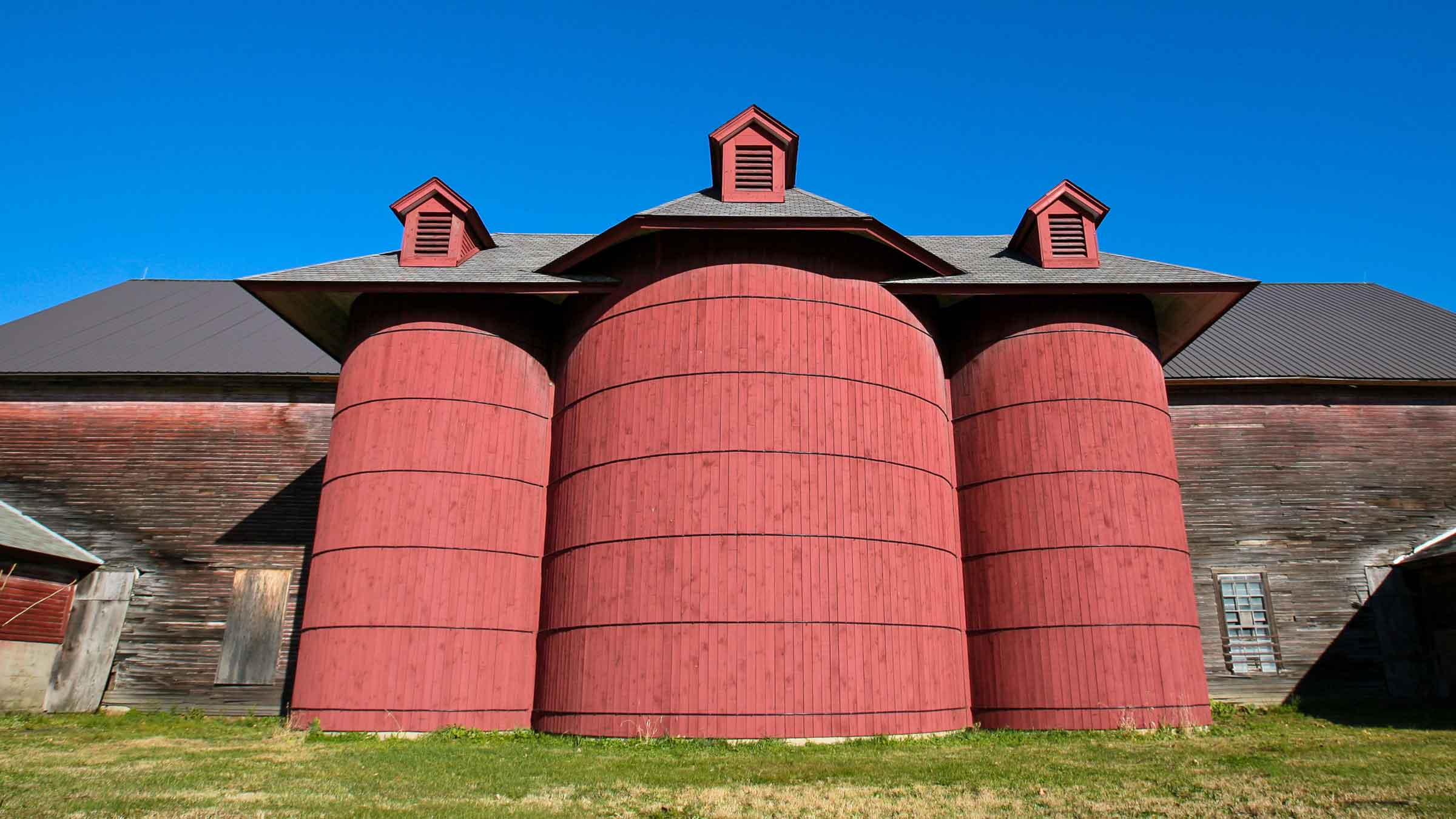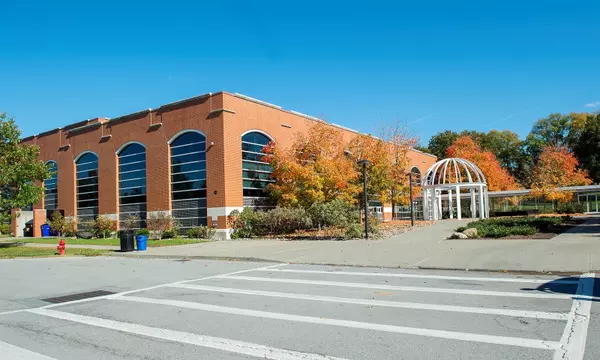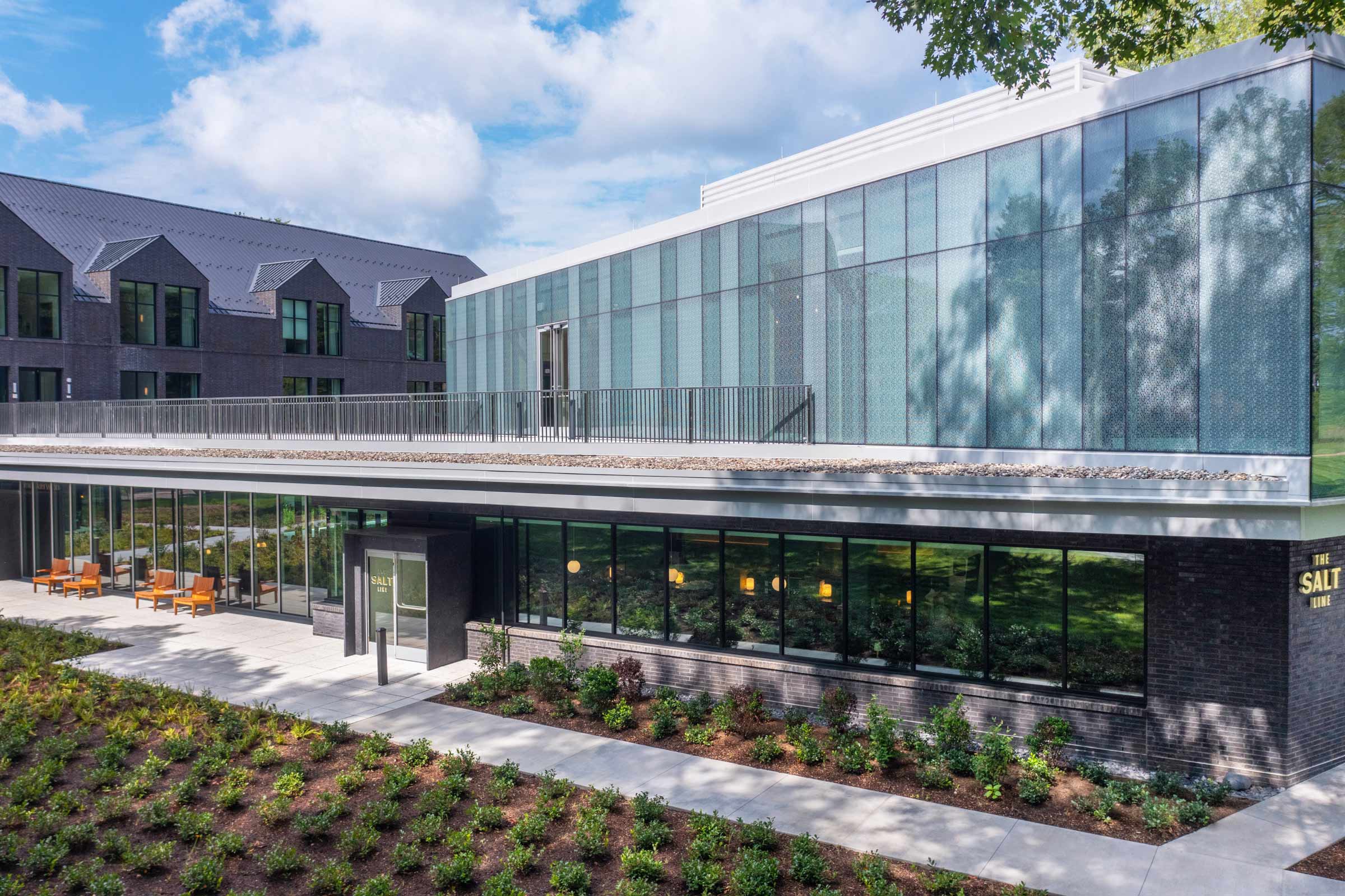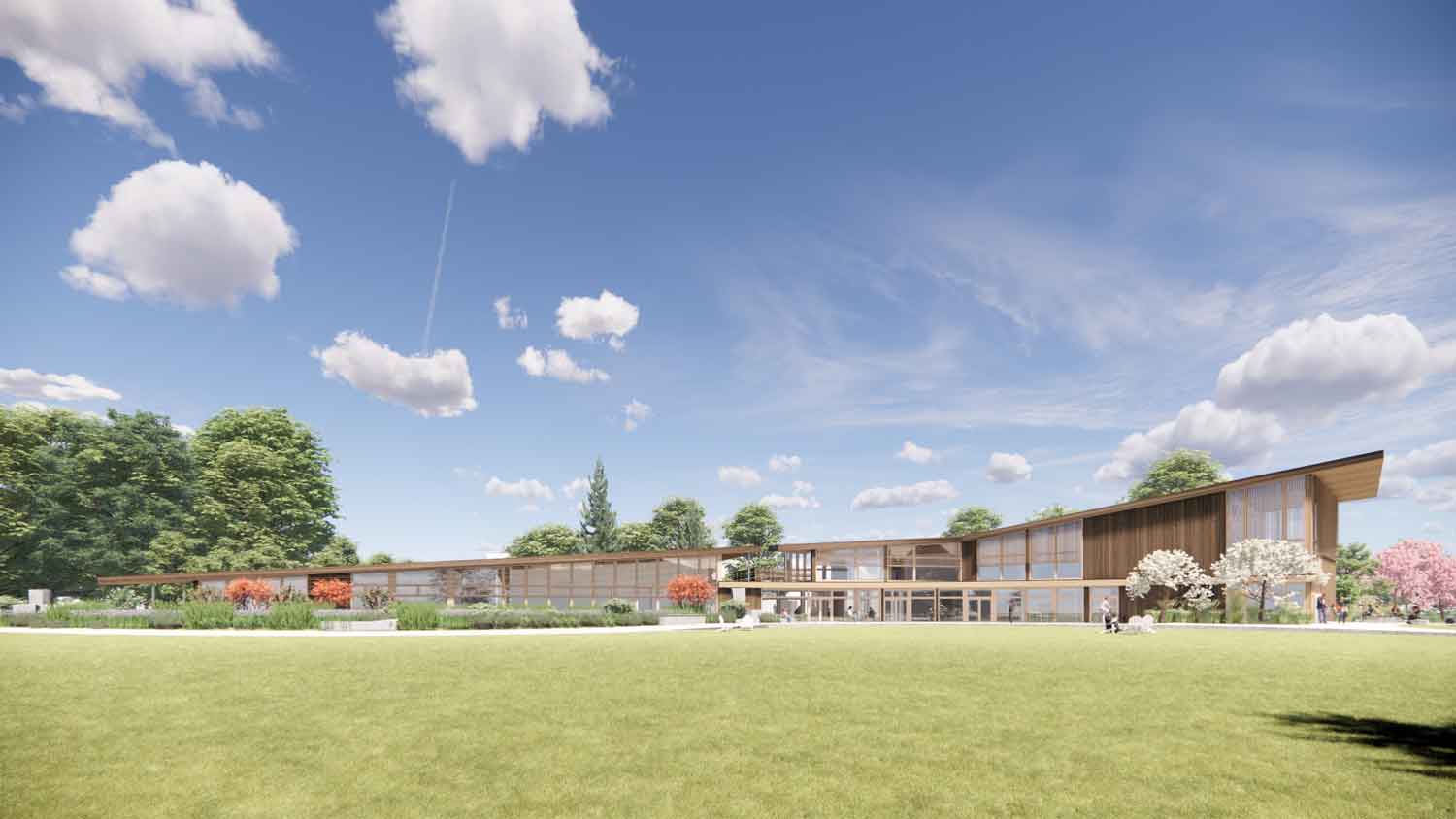Deepening Decarbonization
Vassar is on a journey to reduce carbon emissions due to campus operations as quickly as possible, aiming eventually to reach carbon neutrality.
Over 80% of emissions comes from electricity use and heating and cooling buildings. Decarbonizing our building energy systems is an expensive and complex task, one that we are pursuing in multiple ways. The single largest source of emissions is the central heating plant, which burns natural gas to heat most of the buildings on campus. Replacing that with a renewable energy system is the long-term solution. In the meantime, Vassar is undertaking smaller-scale projects that put a dent in emissions while also testing out various approaches.
Continuing Investments in Energy Efficiency
This includes work to tighten building envelopes, reducing the energy needed to heat and cool buildings. Other work has involved replacing inefficient stand-alone heating systems. Recent projects include repointing and replacing windows, implementing heat recovery systems, installation of occupancy sensors for heating and cooling, and conversion of nearly all lighting to LED.
Town House Conversion to Heat Pumps
The Town House complex has 58 apartments, housing 300 students. Starting in 2025, a multi-year project will replace gas furnaces with air source heat pumps and gas hot water heaters with hybrid electric-heat pump hot water heaters. These new highly efficient all-electric systems will dramatically reduce greenhouse gas emissions. Also, the air source heat pumps will provide air conditioning in the summer.
Solar PV Installations
The Barn at the Environmental Cooperative

Our first solar pv installation was on The Barn (2018: 35kW array—35,000 kWh produced per year). See the public dashboard showing energy production.
Article: The Barn Is Now Powered by the Sun: Ribbon Cutting Celebrates Vassar’s Latest Solar Initiative, Oct. 3, 2018
The Athletic and Fitness Center (AFC)

2024: 233kW array—estimated 264,000 kWh produced per year. See the public dashboard showing energy production.
The Heartwood at Vassar

2024: 59kW array—estimated 67,500 kWh produced per year. See the public dashboard showing energy production.
EV Charging stations
Vassar has 20 EV charging stations connected to the ChargePoint system. These provide employees and students a way to charge their vehicles on campus, and about half are also open to the public. Their locations can be found on the energy layer of the Sustainability map.
- 2 at the South Lot
- 1 at Josselyn House
- 4 at The Heartwood at Vassar
- 7 at the Orchard Lane faculty apartments (called VC Watson Rd chargers). These 7 are open only to Vassar-affiliated people.
- 6 at the Bartlett Center (North Lot)
Registering as Vassar Affiliated
To gain the Vassar-affiliated discount and to gain access to the chargers in the faculty
apartments area, in ChargePoint go into “connections”, search for “Vassar College”, and then
click “Request”. Then you will be asked to enter your email address.
Pricing Information
Vassar-affiliated
- Energy Rate: $0.19/kWh
- Grace Period after charge is complete: 2 hours at Watson/Orchard; 1 hour elsewhere
- Station Time Rate after the grace period ends: $5.00/hour
Non-Vassar
- Energy Rate: $0.28/kWh
- Grace Period after charge is complete: 1 hour
- Station Time Rate after the grace period ends: $5.00/hour
Fees collected are used to pay for the cost of electricity and to defray the cost of the
ChargePoint service fee and station warranties.
Management
The EV charging stations are managed by the Office of Sustainability, with assistance from
Facilities Operations. Questions and concerns may be directed the Office of Sustainability, sustainability@vassar.edu.

